DR Congo and Rwanda Sign Peace Agreement in Washington, Mediated by U.S. and Facilitated by Qatar
Trump Hosts Foreign Ministers as He Eyes Nobel Peace Prize Bid
Washington, D.C. – In a significant diplomatic breakthrough, the Democratic Republic of Congo (DRC) and Rwanda have signed a peace agreement in Washington aimed at de-escalating months of deadly tensions along their shared border. The accord was mediated by the United States and facilitated by Qatar, with former U.S. President Donald Trump playing a prominent role.
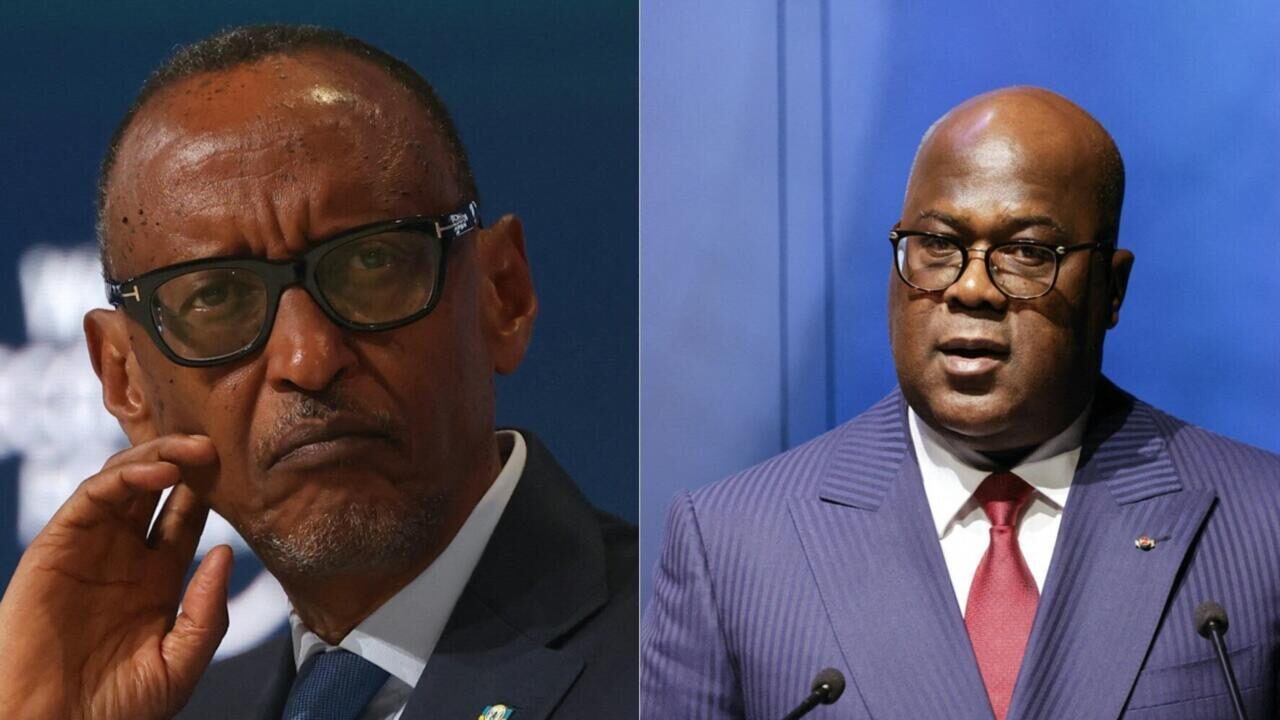
The agreement was signed by DRC’s Foreign Minister, Thérèse Kayikwamba Wagner, and her Rwandan counterpart, Olivier Nduhungirehe, following a week of high-level negotiations. The signing ceremony took place under the auspices of U.S. officials at a closed-door event in Washington, D.C., marking a rare instance of cooperation between the two central African neighbors whose relations have been marred by mutual accusations and proxy conflict.
Former President Trump, who has re-emerged on the global stage in recent months, is expected to host both ministers at a follow-up diplomatic reception later this week. Sources close to Trump’s team suggest he is positioning the successful mediation as a key credential in his renewed campaign for the Nobel Peace Prize.
“What we achieved here is historic,” Trump said in a brief statement. “Many said peace between Rwanda and Congo was impossible, but we proved that diplomacy, strength, and vision can prevail.”
Key Provisions of the Agreement
Key details of the agreement:
- US Mediation and Qatar’s Facilitation: The peace deal was mediated by the United States and facilitated by Qatar, marking a collaborative international effort to address the long-standing conflict in eastern Congo.
- Signatories: The agreement was signed by the foreign ministers of the DRC and Rwanda: Thérèse Kayikwamba Wagner and Olivier Nduhungirehe, respectively.
- Trump’s Role: US President Donald Trump hosted the foreign ministers at the White House and emphasized the significance of the agreement, calling it a “glorious triumph” and a “tremendous breakthrough”.
- Terms of the Agreement: While specific details remain largely classified, the agreement reportedly includes provisions for the disengagement, disarmament, and conditional integration of armed groups in eastern DRC.
- Goal of the Agreement: The primary aim is to end the decades-long conflict in eastern Congo and pave the way for a new era of stability and peace in the region.
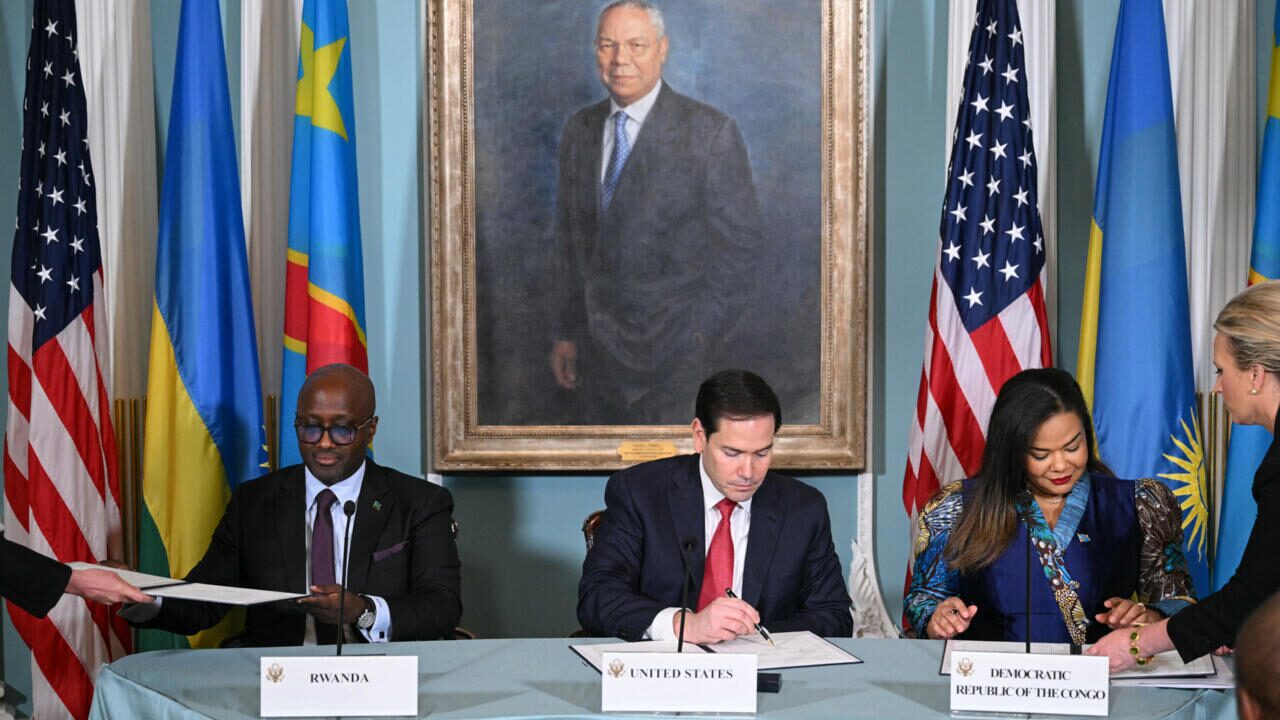
Although full details of the accord remain under wraps, diplomatic sources have confirmed several major components:
- Immediate cessation of hostilities between armed forces along the eastern DRC-Rwanda border
- Mutual commitment to dismantle and disarm rebel groups, including the M23 militia and FDLR factions
- Establishment of a joint border security commission to monitor ceasefire violations
- Reopening of formal trade routes and consular services between the two nations
- Plans for a regional reconciliation summit to be held later this year, with support from the African Union and the UN
Qatar, which played a quiet but pivotal role in facilitating dialogue, was praised by both parties for its neutral stance and logistical support throughout the process.
Regional and International Reactions
The African Union, United Nations, and European Union have welcomed the agreement, expressing cautious optimism that the peace accord will hold in a region long plagued by armed conflict and political instability.
Jamaica’s Minister of Foreign Affairs and Foreign Trade, Senator the Hon. Kamina Johnson Smith, also issued a statement acknowledging the development.
“We commend all parties involved in this effort. Peace and stability in the Great Lakes region are critical to broader African unity and prosperity,” she said.
Implementation Challenges Remain
Despite the historic nature of the agreement, analysts warn that meaningful peace will depend on robust implementation and sustained political will. Previous accords between the two nations have collapsed due to lack of enforcement and persistent mistrust.
Still, the symbolism of the signing — under international mediation and with global attention — marks a turning point in a long-standing conflict that has displaced millions and drawn in multiple regional actors.
As Trump touts the deal on the international stage, observers note that this peace agreement may serve not only as a diplomatic milestone but also as a cornerstone in his campaign to rebrand himself as a global peacemaker.
Trump’s Nobel Peace Prize aspirations:
- Public Statements: President Trump has publicly stated that he believes he deserves the Nobel Peace Prize for his role in brokering the agreement, and he has expressed frustration at being overlooked for the award in the past.
- Emphasis on US Mineral Access: Trump has also highlighted the potential for the US to gain access to critical minerals in the DRC as a result of the peace deal.
- Historical Context: The conflict in eastern Congo has been ongoing for decades, with various armed groups and external support contributing to the violence. This agreement is being presented as a major step toward resolving the conflict.
Skepticism, Rebel Activity, and the Ongoing Human Rights Crisis
While the peace agreement between the DRC and Rwanda has been widely praised was praised by the Trump Administration, deep structural challenges persist in the eastern Congo — especially in the mineral-rich provinces where armed rebel groups continue to operate and exploit civilians.
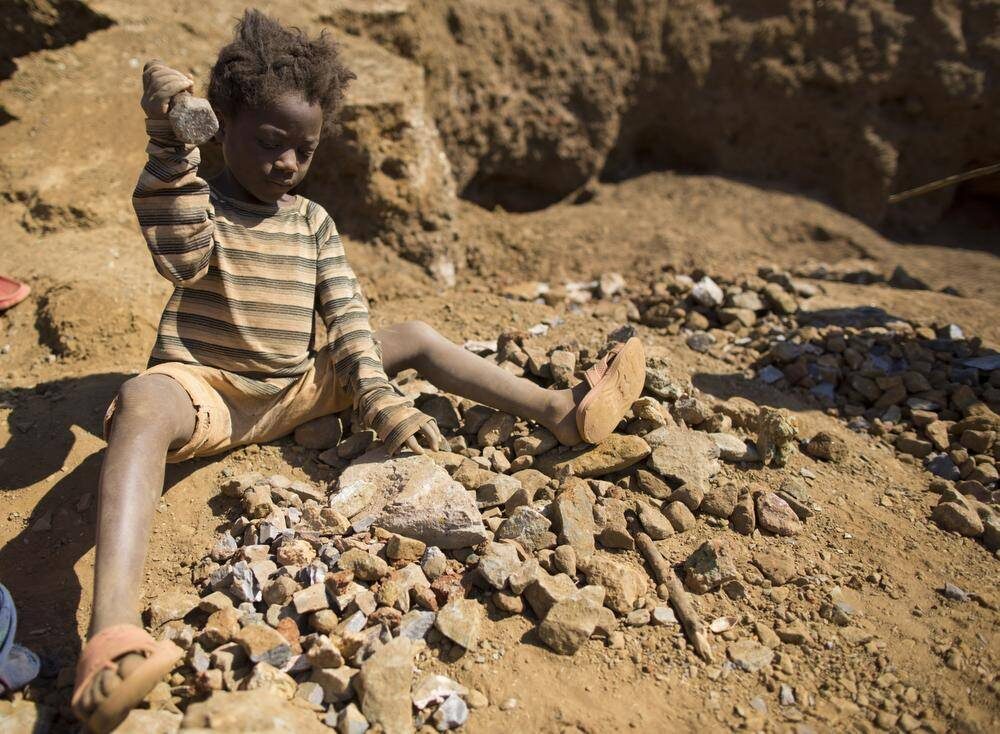
A particular area of global concern is the widespread use of child labor in cobalt and coltan mines, critical minerals for smartphones, electric vehicles, and other technologies. The Congolese mining industry — often controlled by militias or foreign-backed entities — has long been accused of using child slaves and forced laborers under appalling conditions.
“Any peace agreement that fails to tackle the economic roots of violence, including the exploitation of child miners, is incomplete,” said a Human Rights Watch spokesperson. “We must not allow a ceasefire to distract from the daily horrors endured by thousands in the mines.”
According to UNICEF, an estimated 40,000 children are working in the mines in southern DRC, often without safety equipment, exposed to toxic materials, and earning less than $1 per day. These conditions amount to what many have termed modern-day slavery, and they fuel both local conflict and international ethical debates.
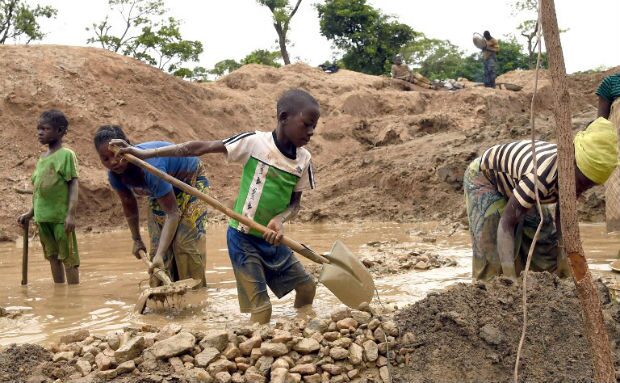
The new agreement reportedly includes a commitment to pursue economic transparency and reinvestment in civilian sectors, but details remain vague. Without clear mechanisms for accountability and reform in the mining sector, skeptics argue that the root causes of instability and exploitation remain untouched.
International observers and NGOs are urging both countries, along with the U.S. and Qatar as mediators, to link peace enforcement with labor rights protections, child welfare monitoring, and resource justice.
What’s In It for the Congo?
Potential Benefits for the DRC and Its People from the Rwanda Peace Agreement
Despite skepticism, the peace accord signed in Washington holds several potential benefits for the Democratic Republic of Congo (DRC) — both at the state and grassroots levels:
1. Reduction in Armed Conflict in the East
- The eastern provinces of Congo — especially North Kivu and Ituri — have suffered decades of violence due to Rwandan-backed rebel groups like the M23.
- The agreement includes commitments to cease hostilities and disarm militias.
- If honored, this could reduce civilian deaths, displacements, and sexual violence in a region plagued by war.
2. Stabilization of Border Zones and Trade Routes
- Rwanda and Congo share economically strategic border towns like Goma and Gisenyi.
- A secure and demilitarized border could lead to safer trade, improved market access, and more stable prices for goods, benefiting small traders and farmers.
3. Reopening of Diplomatic Channels and Humanitarian Access
- Improved relations may lead to more cooperation on aid delivery, refugee returns, and health infrastructure — especially in areas affected by Ebola and malnutrition.
- NGOs often face difficulties operating in conflict zones; peace could increase humanitarian access to vulnerable populations.
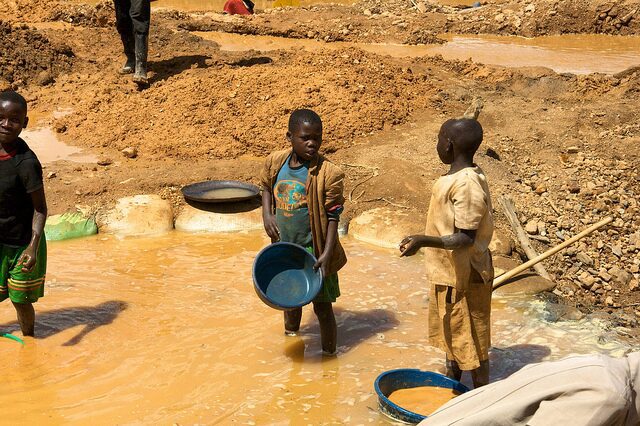
The Caveat: Implementation Is Everything
These benefits will only materialize if:
- Rwanda fully disengages from armed proxy groups in eastern Congo
- Rebel leaders are disarmed, reintegrated, or held accountable
- Kinshasa commits to domestic reforms and anti-corruption efforts
- The agreement is monitored by neutral third parties over time
Can a Western-Brokered Peace Truly Serve Africa’s Interests?
The signing of a peace agreement between the Democratic Republic of Congo (DRC) and Rwanda in Washington is being hailed as a diplomatic triumph. But beneath the handshakes and headlines lies a question that refuses to be silenced:
Can a peace agreement brokered by those who have long profited from Africa’s pain truly deliver justice, stability, and dignity to its people?
The Colonial Echo: From Exploitation to Mediation?
For centuries, the West has viewed Congo not as a sovereign state but as a treasure chest — from Belgium’s brutal rubber and ivory extraction under King Leopold II to today’s scramble for cobalt, gold, and rare earth minerals used in iPhones and electric cars.
Now, some of those same powers — including the U.S. — have positioned themselves as peace brokers in a region they have helped destabilize through arms deals, corporate mining interests, and political interference.
Even the cobalt mines that fuel Silicon Valley and Detroit’s green energy dreams are still run on what many human rights groups call modern-day slavery — with children digging deep into the Earth without safety gear, for less than a dollar a day.
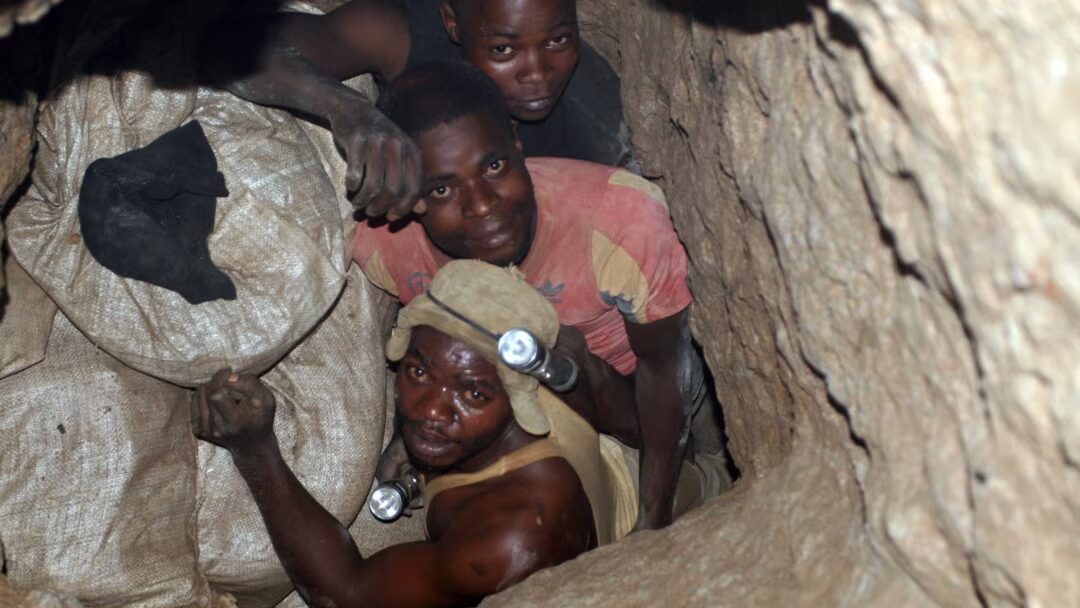
So when Washington steps in to mediate peace, who benefits first — the Congolese people or the global supply chain?
Real Peace Requires Economic Justice
For this deal to mean more than a Nobel Peace Prize photo op or a temporary PR win, it must:
- Acknowledge and address the resource curse — where Congo’s vast wealth fuels conflict, not prosperity
- Reform international mining contracts that enrich foreign companies and local elites, while schools, roads, and hospitals crumble
- Enforce corporate accountability for labor abuses in supply chains connected to Western tech giants
- Support grassroots Congolese voices, not just political elites or foreign-backed militias
The Role of African Solidarity
The future of this peace will not be determined in Washington or Doha alone — but in Kinshasa, Goma, Kigali, and across the African continent. African civil society, youth activists, regional bodies like the AU, and the African diaspora must push to ensure this is not another top-down agreement that leaves the Congolese poor while global powers profit.
Africa’s Mineral Curse: A Peace Built on Exploitation?
The DRC is home to the world’s richest reserves of cobalt, coltan, gold, and copper — the same resources that power smartphones, electric vehicles, and global markets. Yet its people remain among the poorest on Earth.
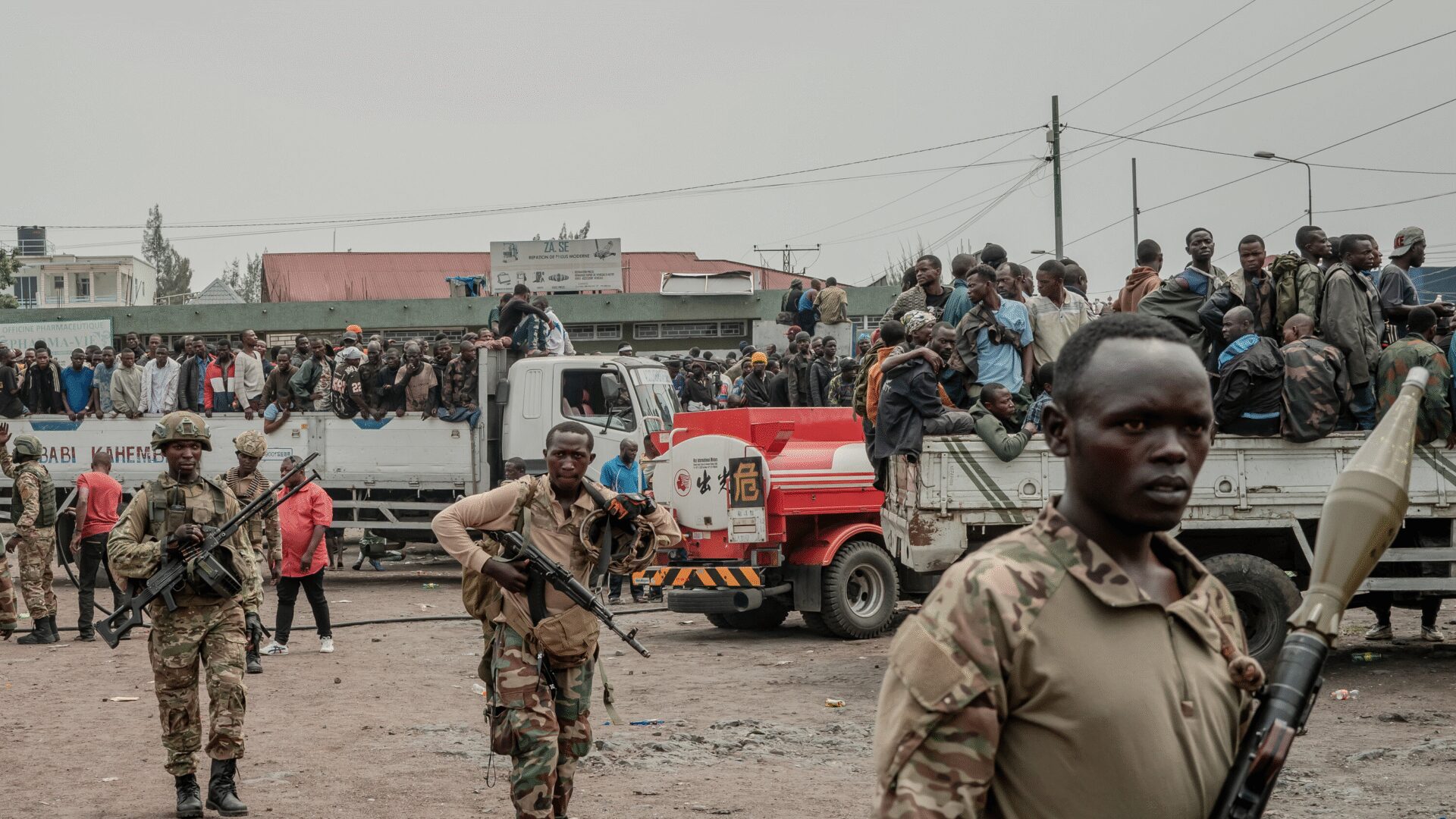
“Africa’s wealth has been its greatest curse,” says Dr. Achille Mbembe, renowned Cameroonian political theorist. “Until there is a redistribution of power and profit, peace agreements are merely ceasefires in an ongoing war for extraction.”
Mining companies from the U.S., China, and Europe maintain deep ties with local elites and militias in the eastern Congo. These relationships, critics argue, incentivize instability while allowing the West to claim neutrality — or worse, benevolent intervention.
Congolese Voices: ‘This Peace Must Belong to the People’
Local activists and human rights defenders in Congo remain cautious. Many fear this deal, like others before it, may serve political optics while leaving systemic injustice untouched.
“We do not want another agreement that keeps the mines running while our children die in the tunnels,” says Jean-René Kasongo, a human rights organizer based in Goma. “This peace must belong to the people, not to foreign presidents.”
“Peace without justice is a lie,” adds Sylvie Mbayo, founder of a women’s cooperative in Bukavu. “Our villages are still controlled by armed men with foreign weapons. Who will disarm them? Who will rebuild the homes and the hope?”
The Role of the West: From Exploiters to Peacemakers?
The United States, which has long supported Rwanda both militarily and diplomatically, is now positioning itself as a neutral broker. Former President Donald Trump has used the agreement to bolster his image, reportedly angling for a Nobel Peace Prize.
“The irony is thick,” noted Professor Mahmood Mamdani, Ugandan academic and author. “Western powers create the conditions for conflict, then claim glory when they help manage the fallout.”
Unless the agreement includes strict resource governance reforms, corporate accountability, and local empowerment, it may amount to little more than peace for investors, not citizens.
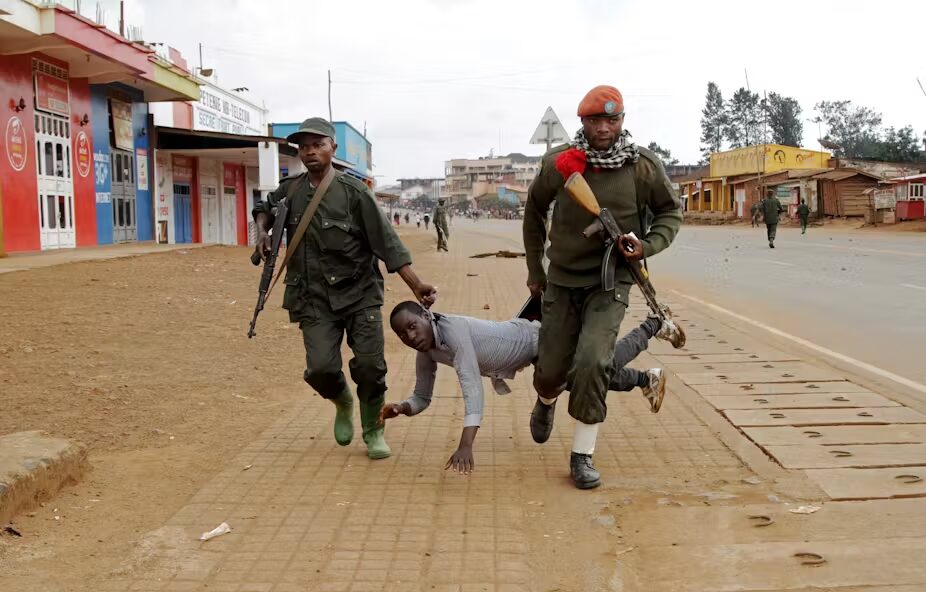
The Way Forward: Peace with Justice
If the DRC-Rwanda peace deal is to be more than a diplomatic performance, it must:
- Confront mineral exploitation and the global tech industry’s complicity
- Center Congolese civil society, women, and youth in implementation
- Demand full transparency in international mining contracts
- Ensure independent monitoring with African and grassroots voices at the forefront
Otherwise, this agreement may mark not the beginning of peace — but another chapter in Africa’s long betrayal.
